What makes a paper *really* pioneering?
What makes a paper *really* pioneering?
Recorded Friday, May 8, 2020
About This Webinar
With the benefit of hindsight, we can all recognize key ideas and innovations that opened up new avenues of research or provided radical new insights. But is it possible to learn how to recognize these pioneering advances before they’ve had their impacts? We have convened a group of editors representing diverse career stages and professional roles to consider how they go about spotting studies in which pioneering minds have truly leapt a logical gap and created new knowledge that alters how everyone will think.
Are you curious? Listen to this lively discussion as we try to come up with, if not a consensus, then at least a set of pointers toward truly pioneering ideas and findings. Please comment on this post with your own suggestions to share, as well.
We have also collected a set of essays on this topic, written by the panelists.
This webinar is freely available thanks to the support of the American Society of Plant Biologists. Join Today.
PANELISTS
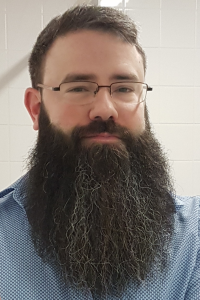 Arren Bar-Even, PhD
Arren Bar-Even, PhD
Independent Research Group Leader, Max Planck Institute of Molecular Plant Physiology
Arren Bar-Even received his bachelor’s degree in the excellence program of the Technion, the Israeli Institute of Technology. He received his master’s degree in Bioinformatics at the Weizmann Institute of Science. After spending several years in the biotech industry, he returned to academia to complete a PhD degree in Biochemistry at the Weizmann Institute of Science, specializing in the design principles of cellular metabolism. Since 2015, he has been the head of the Systems and Synthetic Metabolism lab at the Max Planck Institute of Molecular Plant Physiology, studying the biochemical logic of metabolic pathways and their applications for the design and implementation of metabolic designs that address humanity’s needs in food, chemical, and energy production.
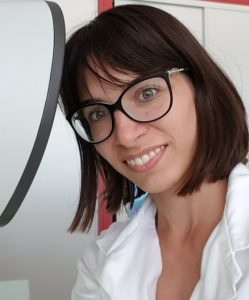 Elisa Dell’Aglio, PhD
Elisa Dell’Aglio, PhD
Postdoctoral Research Associate, INRA (National Institute of Research Agronomy)
Elisa Dell’Aglio holds a PhD in Plant Biochemistry from the University of Grenoble-CEA (France). Her main interests are plant enzyme modulation and plant stress responses to biotic and abiotic stresses. After her first postdoc at the University of Geneva, she is currently at INSA-Lyon (France) working on the physiology of insect crop pests. She is a member of the board of AIRIcerca, the Italian International Researchers Association (www.airicerca.org), and a Plant Physiology Assistant Features Editor.
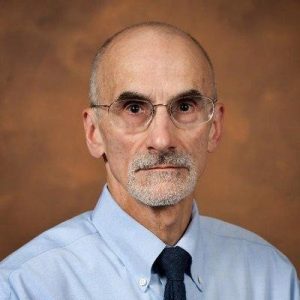
Andrew Hanson, Phd
Eminent Scholar and Professor, Horticultural Sciences Department, University of Florida
Andrew Hanson started out in industry in the United Kingdom, did postdoctoral work in France and the United States, and has since worked for >30 years in the United States and French Canada on plant and microbial metabolic biochemistry and engineering, mainly of primary pathways. His experience includes crop stress metabolism, amino acid, and sulfur metabolism, B vitamin metabolism, metabolite damage and repair pathways, and synthetic biology. His work aims to be useful to agriculture and the bioeconomy.
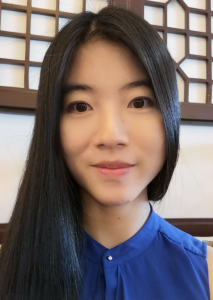 Lei Lei, PhD
Lei Lei, PhD
Senior Editor, Nature Plants
Lei joined the editorial team of Nature Plants in 2016. A 2010 graduate with dual degrees (Biological Sciences / Economics) of Peking University, Lei obtained her Ph.D. degree in Plant Biology from the Pennsylvania State University in 2015. Her doctoral and postdoctoral research in the Center for Lignocellulose Structure and Formation (a DOE Energy Frontier Research Center) mainly focused on the regulatory mechanisms of cellulose biosynthesis in plants, for example, the intimate relationship between cellulose biosynthesis machinery and microtubule cytoskeleton. She also has research experience of plant female gametophyte and embryo development in Peking-Yale Joint Center for Plant Molecular Genetics and Agrobiotechnology. Lei’s interests include metabolism, cell biology, physiology, biotechnology, and ecology in plant sciences. Lei is based in Nature’s New York office.
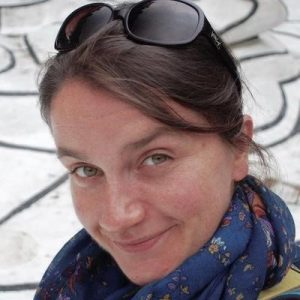 Magdalena Julkowska, PhD
Magdalena Julkowska, PhD
Postdoctoral Research Associate, KAUST
Magdalena Julkowska has Polish roots, but her intellectual germination started in the Netherlands, at the University of Amsterdam, where she did her PhD under the supervision of Prof. Christa Testerink. During her PhD project, she studied Root System Architecture of the Arabidopsis HapMap population. Currently, she is a postdoc at KAUST, in Saudi Arabia, where she focuses on: (1) salt-induced changes in the root-to-shoot ratio in Arabidopsis, (2) the study of the expression patterns in plants with enhanced sodium accumulation in their roots, and (3) development of tools for data analysis/visualization using R/Shiny. She is passionate about capturing plant architecture using simple models, understanding plant physiology, and salinity tolerance. She loves coding in R, BIG data analysis, and sharing whatever she knows with whoever cares to listen. After the lockdown, she looks forward to moving to Ithaca, NY, where she will be starting her own lab at the Boyce Thompson Institute.
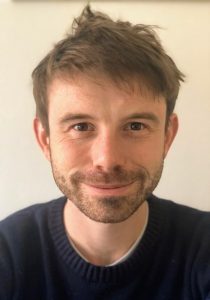 Scott Hayes, PhD
Scott Hayes, PhD
Postdoctoral Fellow, Wageningen University
Scott Hayes works as a postdoctoral fellow in the Christa Testerink group at Wageningen University, studying temperature regulation of root system architecture. .
MODERATOR
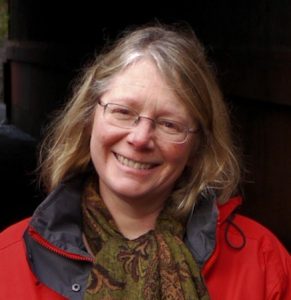
Mary Williams, PhD
Features Editor, The Plant Cell
Mary received her PhD in Plant Molecular Biology from Rockefeller University. From 1995 to 2009 she was a Professor of Biology at Harvey Mudd College, a liberal arts college of science and engineering. In 2009 she joined The Plant Cell as the developer of Teaching Tools in Plant Biology. In addition to her editorial role at The Plant Cell, she mentors students through the Plantae platform; edits Plant Science Research Weekly; and gives workshops on writing, teaching, and communicating at conferences and universities. Mary is very active on Twitter as @PlantTeaching.
This webinar is freely available thanks to the support of the American Society of Plant Biologists. Join Today.
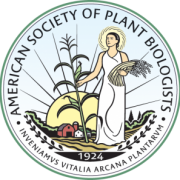
A Twitter thread with continued discussions is embedded below and can be found here. If you have additional questions or comments please share in the comment section!
Thank you to everyone who attended today’s #PlantaeWebinar! Today we reached a new record for registration and attendance!
Let’s extend the discussion and include you! This thread contains some of the questions we didn’t have time for. Let us know your thoughts! pic.twitter.com/wN9jAct4tK
— Plantae (@plantae_org) May 8, 2020



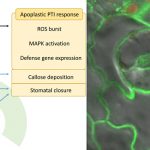
Leave a Reply
Want to join the discussion?Feel free to contribute!